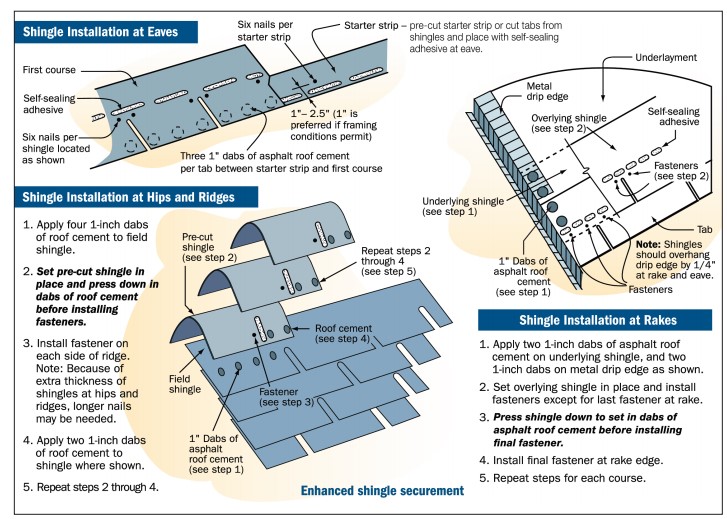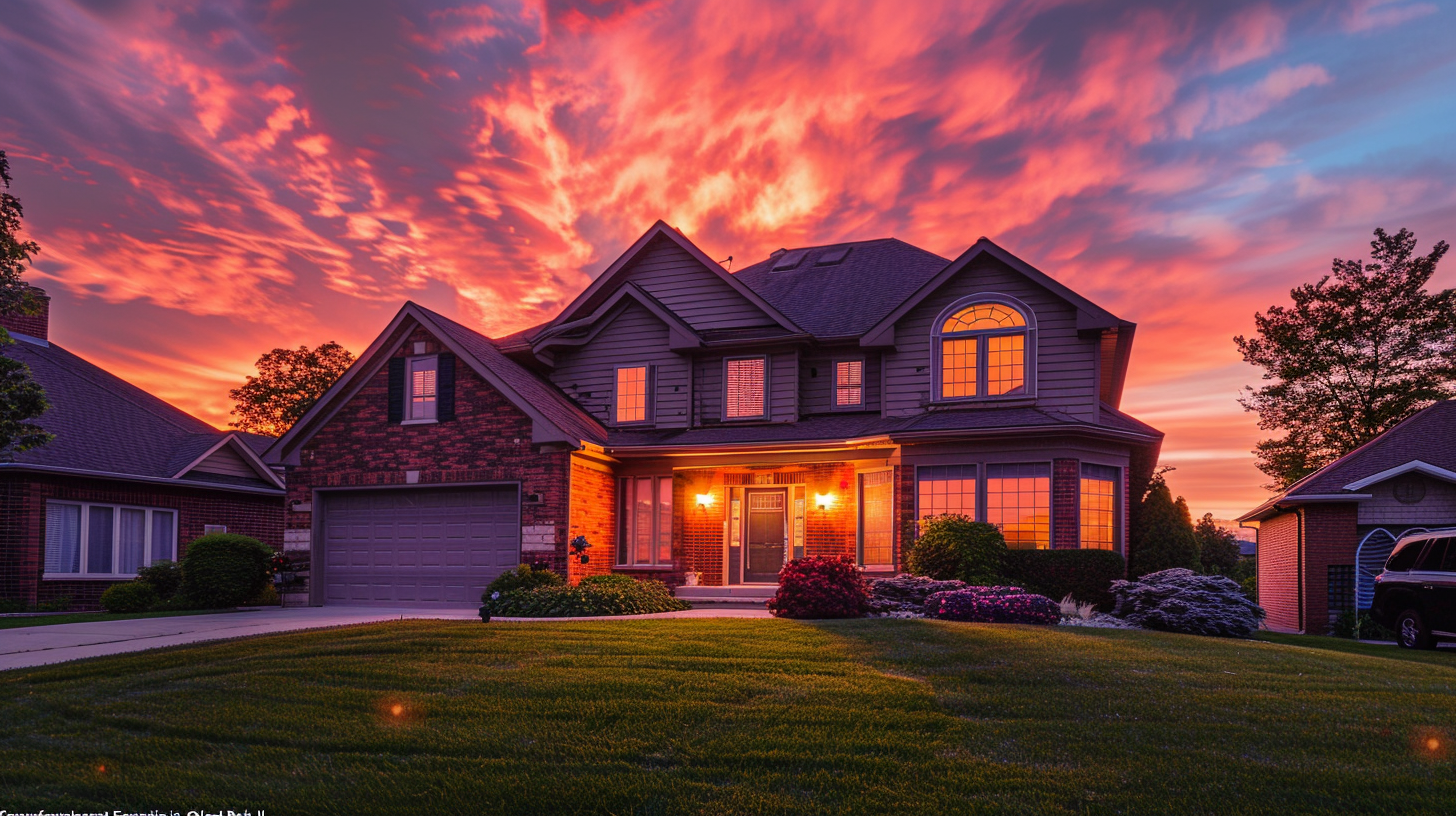Understanding Asphalt Shingle Roofing Systems
Asphalt shingle roofing is a popular choice for residential properties due to its cost-effectiveness, durability, and aesthetic versatility. This type of roofing material provides practical and cost-effective solutions for the residential construction industry.
Benefits of Asphalt Shingle Roofing
Asphalt shingles are favored for several reasons:
- Affordability: They are among the most cost-effective roofing materials available.
- Ease of Installation: Asphalt shingles can be easily installed, which reduces labor costs and installation time.
- Variety: They come in various colors and styles to match different architectural designs.
- Durability: Modern asphalt shingles are engineered to resist extreme weather conditions, making them suitable for diverse climates.
Installation Guidelines for Asphalt Shingle Roofs
To maximize the lifespan and performance of asphalt shingle roofs, proper installation is crucial. Key aspects include:
- Proper Nailing: Shingles should be nailed correctly to avoid displacement during high winds. The Building America Solution Center recommends using a minimum of four nails per shingle.
- Underlayment: A suitable underlayment should be installed prior to the shingles to provide additional protection from water infiltration.
- Flashing: Installing flashing around roof penetrations and intersections to prevent leaks is essential.
- Ventilation: Adequate roof ventilation should be ensured to prevent heat and moisture buildup that can shorten the life of a roof.
Compliance with Building Codes
Adhering to local building codes is imperative for ensuring the safety and durability of roofing systems. Asphalt shingle roofs must comply with the International Residential Code (IRC) and local amendments for wind and fire resistance. Specific considerations include:
- Wind Resistance: Depending on the geographic area, shingles must meet certain wind resistance standards to withstand potential wind speeds.
- Fire Resistance: Shingles should have a Class A fire rating, the highest available for roofing materials, to enhance safety against fire threats.
Enhancing Roof Performance with Innovations
Recent advancements in material technology have further improved the performance of asphalt shingles:
- Cool Roofing Shingles: These are designed to reflect more sunlight and absorb less heat than standard shingles, reducing cooling costs.
- Impact-resistant Shingles: Developed to resist damage from hail and debris, these shingles are ideal for areas prone to severe weather conditions.
Choosing asphalt shingle roofing means selecting a roof that is durable, cost-effective, and compliant with stringent building codes. By following proper installation techniques and adhering to local regulations, homeowners can ensure their roof is a protective and lasting investment.
For immediate service or consultation, you may contact us at Allied Emergency Services, INC.
Contact Information:
- Phone: 1-800-792-0212
- Email: Info@AlliedEmergencyServices.com
- Location: Serving Illinois, Wisconsin, and Indiana with a focus on the greater Chicago area.
Disclaimer: This article is intended for informational purposes only. For professional advice, consult experts in the field.










